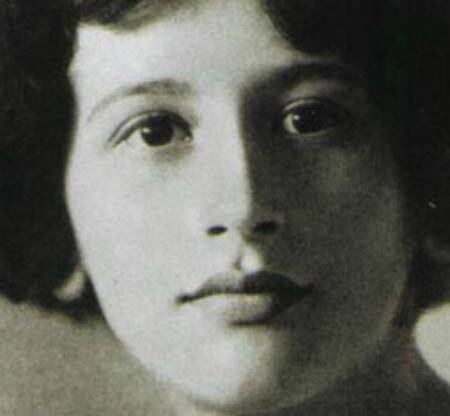I am grateful for this post from Michael St. Thomas (author of this recent insightful piece for America), who at his blog offers thoughts on the role of technology in the classroom, drawing upon Simone Weil for insight. Noting the way students so quickly default to their devices, Michael asks: "But is it really an education when the teacher becomes a disembodied voice at the back of the classroom, a relayer of information to the processers hunched over their screens, rather than a person who attempts, according to the root meaning of education, to draw out from students their real selves by encountering them?"
Reflecting on Weil's essay connecting prayer, study and attention, Michael continues:
In a nutshell, Weil argues that the goal of an education should be to teach students how to pray, and prayer, she says, ultimately means paying attention. Weil goes to lengths to explain exactly what kind of attention she’s talking about. Attention, as she describes it, is not a furrowing of the brow and tensing of the muscles in the attempt to grasp the subject matter but the opposite: a radical receptiveness to what is at hand, to something outside oneself. This approach is what prayer consists of, she claims (and I agree), so in all areas of study, students not only learn about a unique subject; they learn, essentially, how to communicate with God. The essay really is excellent, and I hope to write more about it in the future.
How does this relate to technology? Read on at his blog, The Catholic Lit Classroom.








